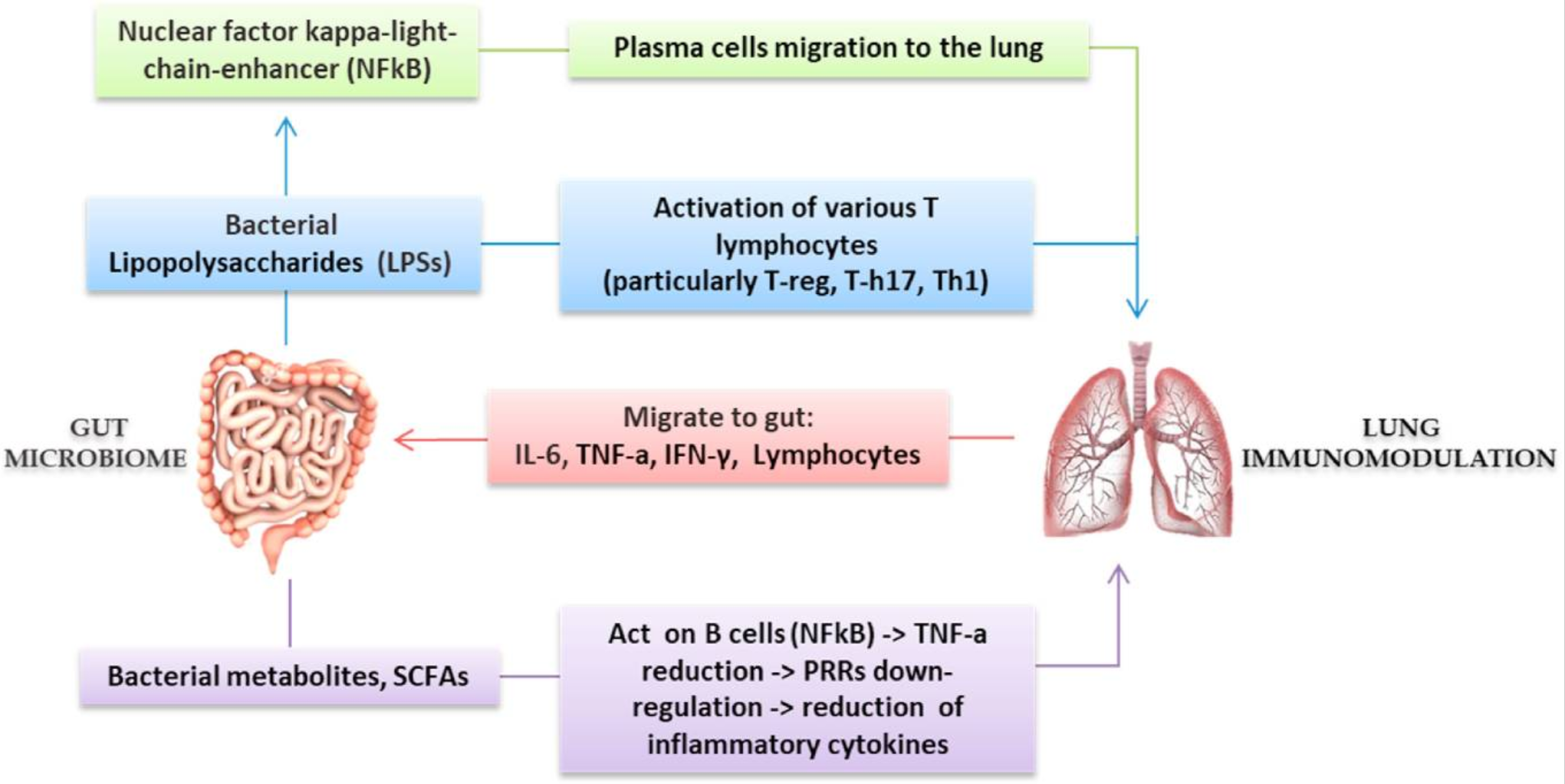Introduction: The Covid-19 pandemic has sparked a global interest in exploring various ways to enhance immune health. Probiotics, the "good" bacteria, have long been recognized for their positive impact on gut health. In this article, we delve into the potential benefits and implications of probiotics in relation to Covid-19, shedding light on the current research and exploring the concept of the best probiotic for immune support.
Understanding Probiotics: Probiotics are live microorganisms that, when consumed in adequate amounts, confer health benefits to the host. They are commonly found in fermented foods like yogurt, sauerkraut, and kefir. Probiotic supplements are also available, offering a convenient way to introduce specific strains of beneficial bacteria into the body.
Probiotics and Immune Function:
- Gut-Immune Axis: The gut plays a crucial role in immune function. Probiotics can modulate the immune response by promoting a balanced gut microbiota, which is essential for a robust immune system.
- Anti-inflammatory Effects: Certain probiotic strains have been shown to reduce inflammation, which may be beneficial in mitigating the excessive immune response often observed in severe Covid-19 cases.
Probiotics and Covid-19:
- Emerging Research: While research on the direct effects of probiotics on Covid-19 is limited, studies suggest that probiotics could potentially support immune function and reduce the severity of respiratory infections.
- Respiratory Tract Health: Probiotics may enhance the health of the respiratory tract, acting as a defense mechanism against viral infections such as Covid-19.
- Modulating Cytokine Storm: Probiotics have been studied for their ability to regulate cytokine production, potentially helping to prevent the cytokine storm observed in severe Covid-19 cases.
The Best Probiotic for Immune Support:
- Strain Specificity: Different probiotic strains have varying effects on the immune system. Look for strains such as Lactobacillus rhamnosus, Lactobacillus plantarum, and Bifidobacterium lactis, which have demonstrated immune-enhancing properties.
- CFU Count: The colony-forming unit (CFU) count indicates the number of viable bacteria present in a probiotic supplement. Higher CFU counts are generally preferred for maximum efficacy.
- Quality and Purity: Choose a reputable probiotic brand, like Custom Probiotics, which adheres to rigorous quality control standards and provides reliable products.
Implications and Future Directions: While probiotics show promise in supporting immune health during the Covid-19 pandemic, further research is needed to establish specific recommendations. It is important to consult with a healthcare professional before starting any new supplement regimen.
Conclusion: Probiotics have gained recognition for their potential benefits in enhancing immune function. Although the direct effects of probiotics on Covid-19 are still being explored, incorporating probiotic-rich foods or high-quality supplements, such as those offered by Custom Probiotics, may play a valuable role in maintaining overall health and supporting immune function. As research progresses, we continue to unlock the potential of probiotics in our fight against infectious diseases.


